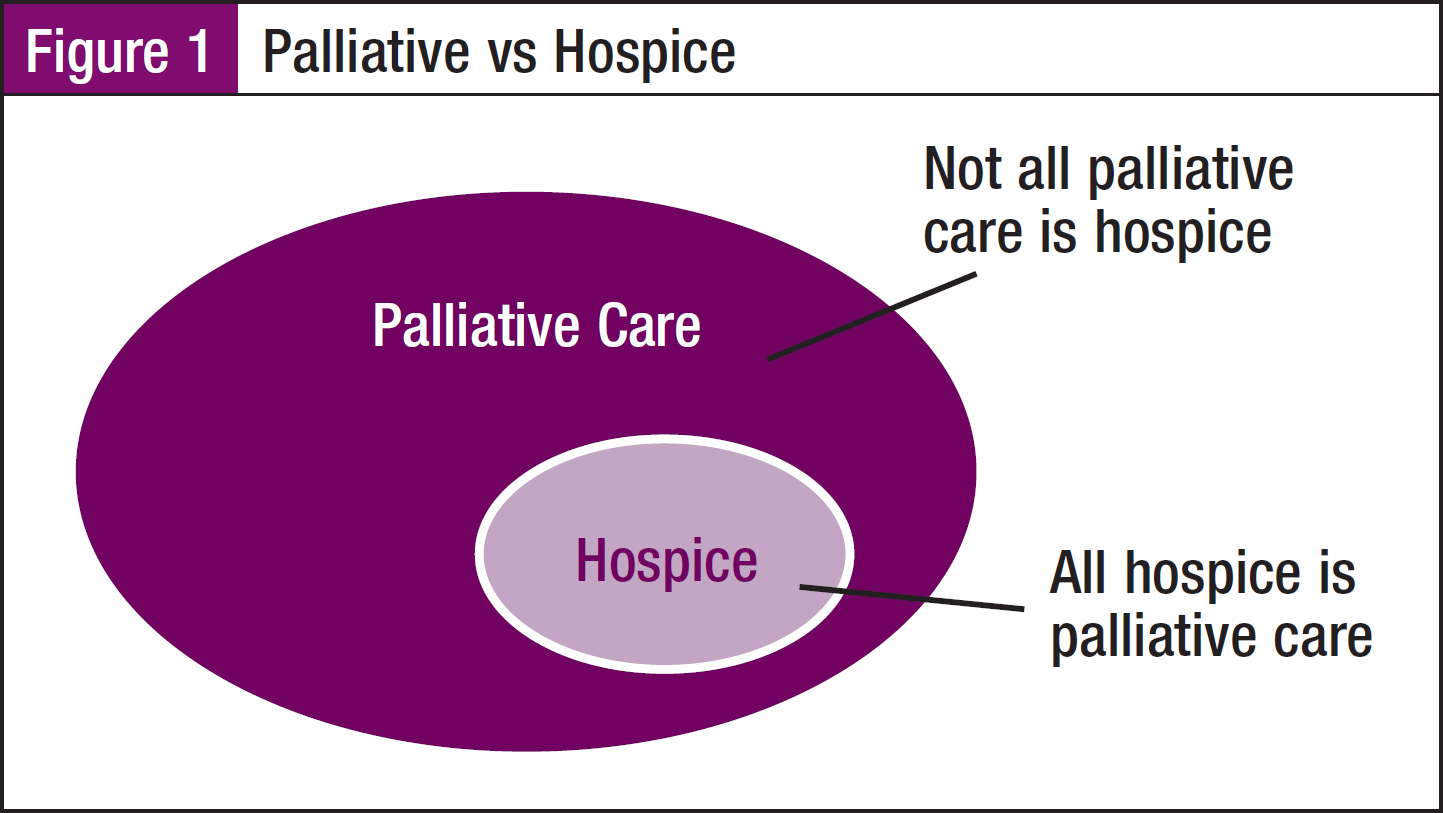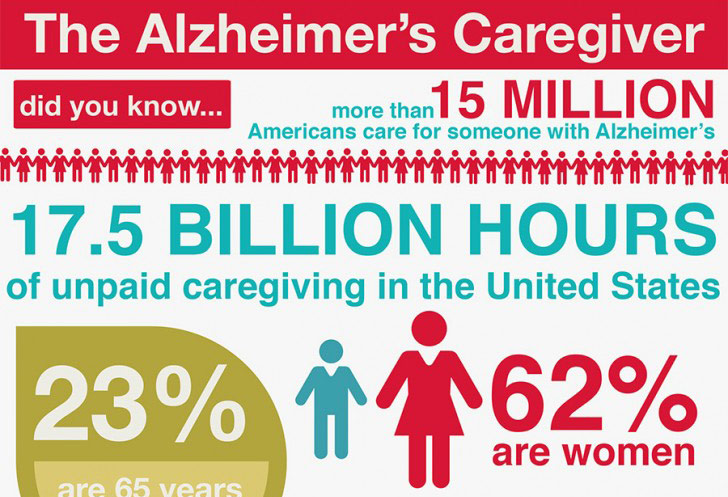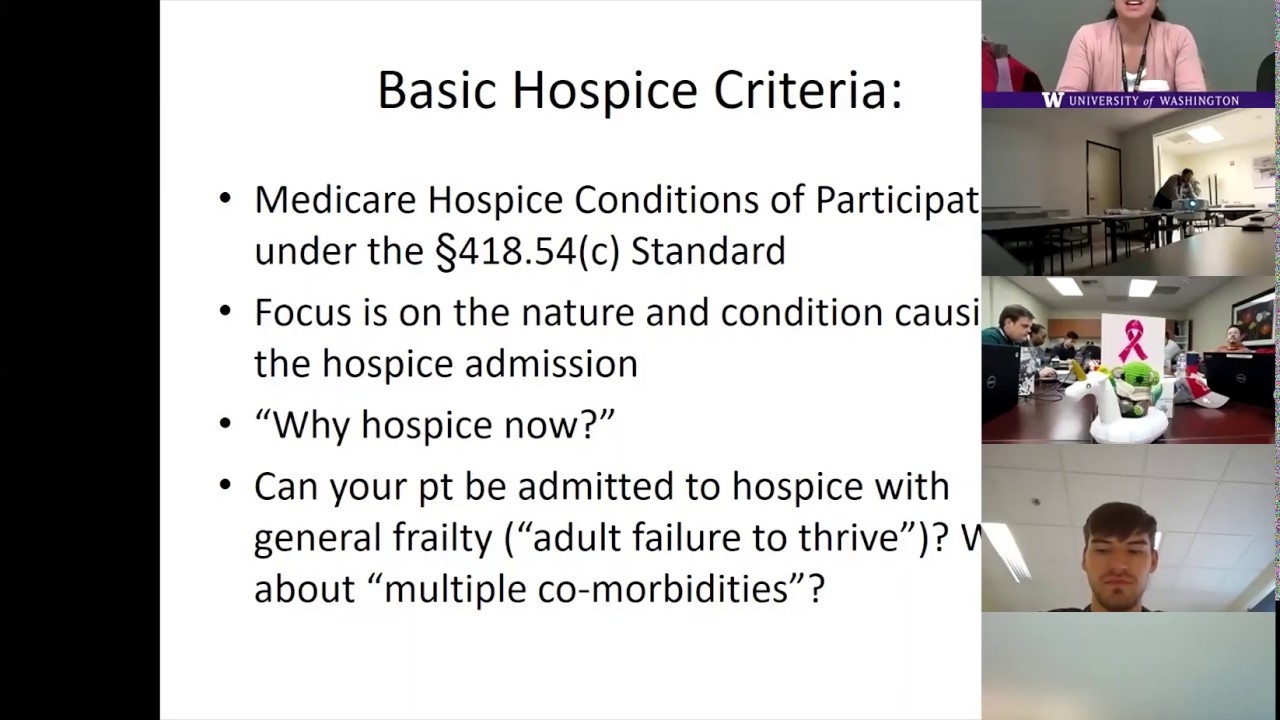
In-home childcare allows a child's parent to leave them with an in home caregiver on a daily basis. They are paid primarily by the family, and offer a variety of services such as feeding and bathing. Some home care providers are early childhood educators and offer educational activities throughout the day.
Disability child's home health aide
Children with disabilities have a lot of options when it comes to in-home healthcare. This care allows families to stay at home and helps prevent readmissions. It reduces costs and improves health outcomes.
In order to provide your child with the care that they need, you should look for a caregiver who will collaborate with you. If your child is in need of respite care at home or ongoing care you will want to select someone who has a good understanding of your family. They should also provide quality care.
To find an in-home care aide, you should first contact advocacy groups to ask for information about caregivers in your area and the programs they offer. You might be able get referrals through your local disability agency, or social service office.

Once you have your list of potential caregivers, interview them by phone and meet in person to discuss their qualifications and experiences. Make sure you ask them about any background checks or references they have, and also their education and experience.
Home health aid for children with disabilities
Caregiver training should include how to safely use and care for equipment that is used by children who have complex disabilities. This includes enteral tubes, tracheostomy equipment, respiratory supports and treatments (e.g. nebulizers), intravenous tube care and medication administration.
In addition, they should be taught how to resuscitate a child with an emergency. These skills become even more crucial when technology is involved.
Keeping the right oxygen level in your child's blood is crucial to their survival, so a pulse oximeter should be on hand for monitoring. This device, which is worn on a finger or toe, measures the amount of oxygen in your child's blood. If the oxygen level is low, the device sounds an alarm and the caregiver needs to give your child more oxygen.
Another important item that should be in every hospital is a resuscitation bag, which lets you give breaths to your child by squeezing a bag attached to their tracheostomy tube. The bag is useful for emergency situations and should also be available as a backup if the ventilator stops working or if the child needs to be suctioned.

Your child's pediatrician should explain how to use the vent and which type of resuscitation packs are best for your child. They should also teach you how to use these items and give your child's doctor a call in case of an emergency.
As you get more comfortable with your child's home medical equipment, you will be able to better give them the care they need. You can better care for your child at home by learning how the machine works and how to fix any problems.
FAQ
What is an infectious disease?
An infectious disease is caused either by bacteria, viruses, parasites or both. Infectious diseases spread quickly through close contact. Some examples include measles (whooping cough), pertussis, rubella, German measles, chickenpox, strep-thymia, measles (mumps), rubella, whooping cough), pertussis, rubella, chickenpox, strep-thymia, polio, hepatitis A, B, HIV/AIDS and herpes simplex virus.
What are the services of health care?
Patients need to be aware that they can get quality healthcare any time. We can help you, whether you have an urgent need or a routine checkup.
We offer many types and types of appointments. If you live far away from our clinic, we can also provide home health care visits. And if you don't feel comfortable coming into our office, we'll ensure you receive prompt treatment at your local hospital.
Our team includes doctors, nurses, pharmacists, dentists, as well as other professionals who are dedicated to providing exceptional patient service. Our goal is to make each visit as painless and convenient as possible.
What is the best way to get free coverage for my area's health?
If you're eligible, you could apply for free coverage. You might be eligible if you qualify for Medicaid, Medicare and CHIP.
Statistics
- The healthcare sector is one of the largest and most complex in the U.S. economy, accounting for 18% of gross domestic product (GDP) in 2020.1 (investopedia.com)
- The health share of the Gross domestic product (GDP) is expected to continue its upward trend, reaching 19.9 percent of GDP by 2025. (en.wikipedia.org)
- Price Increases, Aging Push Sector To 20 Percent Of Economy". (en.wikipedia.org)
- About 14 percent of Americans have chronic kidney disease. (rasmussen.edu)
- Foreign investment in hospitals—up to 70% ownership- has been encouraged as an incentive for privatization. (en.wikipedia.org)
External Links
How To
How to Locate Home Care Facilities
Home care facilities provide assistance for people who require it. This includes elderly people who do not want to leave their homes, disabled people who cannot move around independently, and those who suffer from chronic illnesses such as Alzheimer's disease. These services include personal hygiene and meal preparation, laundry, cleaning as well as medication reminders and transportation. They often work in close collaboration with social workers, medical professionals, and rehabilitation specialists.
It is best to get recommendations from your friends, family, and local businesses. After you've identified one or two providers you can start to ask about their qualifications, experience, and references. It is important to find a provider who can work flexible hours in order to fit your schedule. Also, make sure they offer emergency assistance 24/7.
Ask your doctor or nurse to refer you. You can search online for "home care" or "nursing homes" if you aren't sure where to look. You could also use websites such as Yelp, Angie's List and HealthGrades or Nursing Home Compare.
For additional information, contact your local Area Agency on Aging/Visiting Nurse Service Association (VNA). These agencies will provide a list of local agencies that offer home care services.
It is crucial to find a quality home care agency, as many charge very high fees for patients. Some agencies can charge as much as 100% of the patient's income. This is why it is important to select an agency that has been highly rated by The Better Business Bureau. Ask for references from clients who have used your agency before.
Some states even require home care agencies to register with the State Department of Social Services. Check with your local government office to see what agency registration requirements apply to you.
You should consider these things when selecting a home care agency:
-
Don't pay upfront if you don't want to receive services.
-
Choose a well-established, reputable company.
-
For those who are paying out-of-pocket for insurance, make sure you have proof.
-
Verify that the state has granted the agency license.
-
Ask for a written contract detailing all costs involved in hiring the agency.
-
Verify that follow-up visits are provided by the agency after discharge.
-
Ask for a list with certifications and credentials.
-
Never sign anything without having read it.
-
You should carefully read any fine print.
-
You should verify that the agency you are dealing with is insured and bonded.
-
Ask how long the agency has been operating.
-
Verify that the State Department of Social Welfare has licensed the agency.
-
Find out whether there are any complaints against the agency.
-
Call the local government agency that regulates homecare agencies.
-
You should ensure that the person answering the phone has the qualifications to answer your questions about homecare.
-
For tax information on home care please consult your accountant.
-
For every home care agency you contact, always get at least three bids
-
Choose the lowest bid, but do not settle for less than $30 per hour.
-
You may have to pay multiple visits to a home-care agency every day.
-
It is important to carefully read contracts before you sign them.